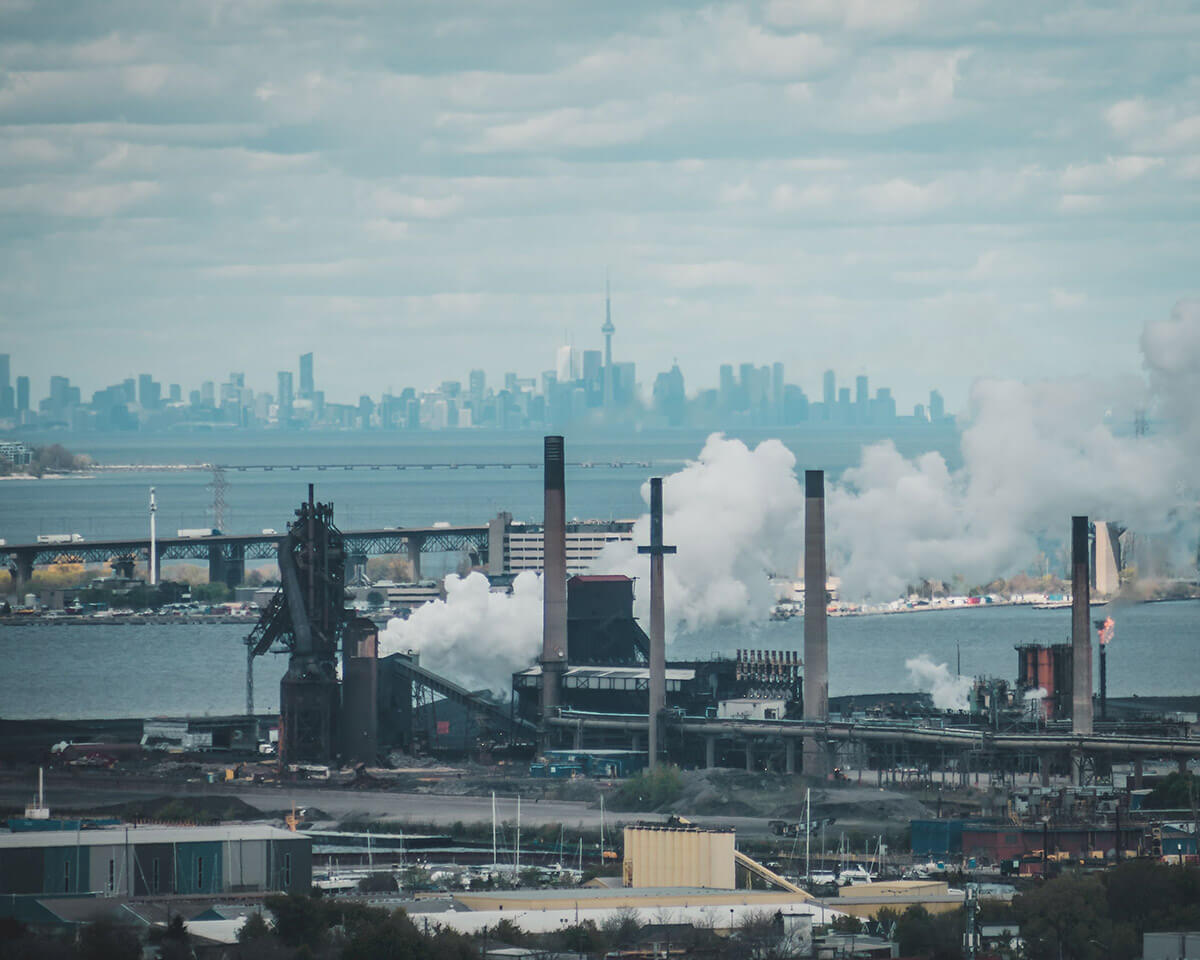Carbon Tax in Canada… How does it impact you and your family?
In an era marked by growing concerns over climate change and environmental sustainability, countries around the world are implementing various measures to reduce carbon emissions. One such measure is the carbon tax, a policy tool designed to curb greenhouse gas emissions by putting a price on carbon. In Canada, the carbon tax has been a topic of debate and discussion, with proponents and critics alike voicing their opinions on its effectiveness and impact on the economy and citizens.
In Canada, a carbon tax is a pricing mechanism that puts a monetary cost on the amount of carbon dioxide emitted when fossil fuels are burned. The main goal of a carbon tax is to reduce greenhouse gas emissions, combat climate change, and encourage individuals and businesses to transition to cleaner, more sustainable energy sources.
Companies that produce or import fossil fuels such as gasoline, diesel, natural gas, and coal are required to pay a tax based on the amount of carbon dioxide emissions that will be produced when these fuels are burned. The carbon tax is typically set to increase gradually over time, encouraging businesses and consumers to reduce their carbon footprint and transition to cleaner alternatives.
The carbon tax in Canada is a policy implemented at both the federal and provincial levels, with the goal of reducing greenhouse gas emissions by placing a price on carbon pollution. Under the federal system, provinces that do not have their own carbon pricing system in place are subject to a federal carbon tax, which sets a price on carbon emissions and increases annually.
The carbon tax in Canada has both positive and negative impacts on Canadian citizens. One of the main advantages of the carbon tax is its potential to incentivize businesses and individuals to reduce their carbon footprint by investing in cleaner technologies and practices. This can lead to a decrease in greenhouse gas emissions and contribute to a more sustainable environment. On the other hand, the carbon tax has also faced criticism for potentially increasing the cost of living for Canadians. Critics argue that the tax can lead to higher prices for goods and services, [particularly in industries that rely heavily on carbon-based fuels. This can put a strain on households, particularly low-income families, who may struggle to afford the increased costs.
Some of the pros of the carbon tax is that it encourages the transition to cleaner energy sources….by putting a price on carbon emissions, the carbon tax incentivizes businesses and individuals to invest in renewable energy sources and technologies, ultimately reducing greenhouse gas emissions. Revenues generation for green initiatives…. the revenue generated from the carbon tax can be used to fund environmental programs, research, and initiatives aimed at further reducing carbon emissions and mitigating climate change.
The bad side of the ledger is that the increases cos of living…. critics argue that the carbon tax can lead to higher prices for goods and services, which may disproportionately affect low-income households. Competitiveness concerns……some industries worry that the carbon tax puts them at a disadvantage compared to businesses in countries without such regulations, potentially leading to job losses and economic challenges.
At its core, the carbon tax in Canada aims to internalize the cost of carbon emissions by putting a price on them. This economic signal encourages businesses and individuals to reduce their carbon footprint and transition towards cleaner, more sustainable practices. While the implementation of the carbon tax varies across provinces, the overreaching goal remains the same – to drive emissions reductions and promote environmental stewardship.
The impact of the carbon tax on Canadians is multifaceted. On one hand, the tax incentivizes innovation and investment in clean technologies, paving the way for a greener future. By internalizing the environmental costs of carbon emissions, the tax encourages businesses to adopt more sustainable practices and helps Canada meet its climate targets. However, concerns linger regarding the potential burden on consumers, particularly those in lower-income brackets. The increased costs associated with the carbon tax can translate to higher prices for goods and services, impacting households’ budgets and potentially exacerbating economic disparities. Mitigating these challenges while achieving environmental objectives remains a delicate balancing act for policymakers.
In some provinces, the revenue generated from the carbon tax is returned to residents through tax breaks, rebates, or investments in green initiatives. This is intended to offset the financial impact of the tax and ensure that lower-income households are not disproportionately affected. By making carbon-intensive activities more expensive, the carbon tax incentivizes companies and individuals to find ways to reduce their emissions. This can lead to increased energy efficiency, investment in renewable energy sources, and overall reductions in greenhouse gas emissions.
The carbon tax in Canada is a policy tool aimed at reducing greenhouse gas emissions and combating climate change. While it has the potential to drive innovation in clean energy technologies and contribute to a more sustainable future, it also raises concerns about its impact on the economy and Canadian citizens. As the debate over the carbon tax continues, finding a balance between environmental protection and economic considerations will be key to shaping effective climate policy in Canada and beyond.
Overall, the carbon tax in Canada is designed to drive a shift towards a greener economy by internalizing the environmental cost of carbon emissions and encouraging sustainable practices.
Vincent Black/MS



Redes Sociais - Comentários